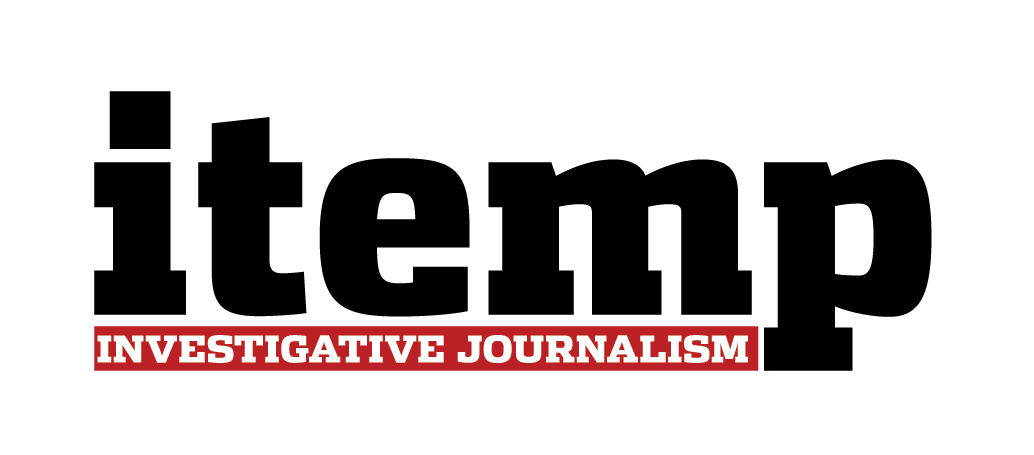Throughout 2019 and the first half of 2020, ITEMPNEWS stories were published and replicated in the United States as an embryonic project of what is now this “investigative journalism unit”, in an alliance with media that aimed to disseminate long-form and accurate reports when the world was facing the onslaught of the Coronavirus pandemic.
In 2019, in collaboration with the Miami-based Diario Las Américas, ITEMPNEWS worked on many stories, some of them firsts, on the happenings in Venezuela and its government’s connections to money laundering, drug trafficking and corruption.

